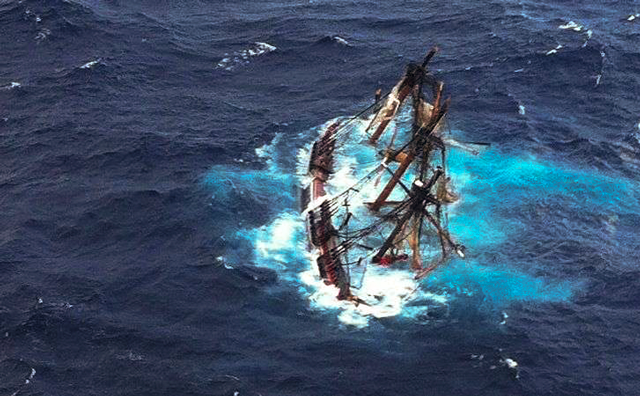CamG
Contributor
Reading both accounts several times I can not deny the feeling of urgency to identify the wreck.
Even the dive that did identify the wreck was a reckless disregard of safety.
Im not judging or condemning anyones action it is their call but none the less well beyond protocol.
As I said not casting blame.
Wreck divers get fixated on achieving a perceived or clear objective, narcosis can only make this worse.
Depth is a cruel mistress, day to day / dive to dive it can turn on you creating a snowball that can only roll further down the hill.
Dive conditions are a huge consideration when doing decompression and I think this accident and many others emphasize how dangerous it can get once a problem occurs.
At the end of the day it becomes a personal call whether you dive or not.
Having been around a few hits it makes you far more conservative and to be honest a lot more likely to call a dive.
CamG
Even the dive that did identify the wreck was a reckless disregard of safety.
Im not judging or condemning anyones action it is their call but none the less well beyond protocol.
As I said not casting blame.
Wreck divers get fixated on achieving a perceived or clear objective, narcosis can only make this worse.
Depth is a cruel mistress, day to day / dive to dive it can turn on you creating a snowball that can only roll further down the hill.
Dive conditions are a huge consideration when doing decompression and I think this accident and many others emphasize how dangerous it can get once a problem occurs.
At the end of the day it becomes a personal call whether you dive or not.
Having been around a few hits it makes you far more conservative and to be honest a lot more likely to call a dive.
CamG





